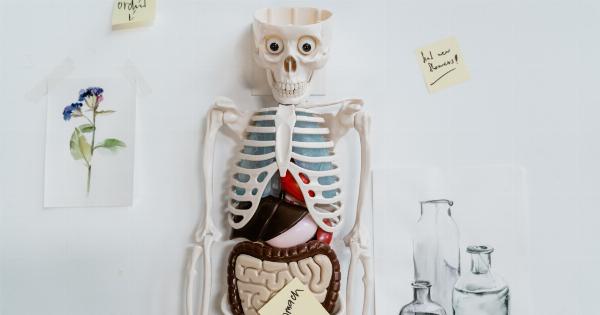As we age, it is normal to worry about our health and how it will impact our quality of life. However, aging gracefully is possible with proper care and attention to our physical and emotional well-being.
Discover the secret to enduring health and living a long and fulfilling life below.
Stay Active
Staying physically active is one of the most important things you can do to maintain good health as you age. Exercise can help reduce the risk of developing chronic conditions such as heart disease, diabetes, and arthritis.
It can also improve your mood and increase your energy levels, making it easier to go about your daily activities.
It’s important to find activities that you enjoy and that are safe for your fitness level. Try walking, swimming, or yoga as low-impact options that are gentle on joints.
Resistance training can also be beneficial for building and preserving muscle mass, which naturally declines as we age.
Eat Well
Dietary habits play a significant role in our overall health, especially as we age. Eating a balanced diet with nutrient-dense foods can help maintain healthy body weight, reduce inflammation, and support brain function.
It can also decrease the risk of developing chronic diseases such as Type 2 diabetes, heart disease or hypertension. As we age, consider foods high in antioxidants and Omega-3 fatty acids such as nuts, fruits, vegetables and fish like salmon or trout.
It’s crucial to eat a variety of foods to ensure that you are getting all the nutrients you need. Aim for a colorful plate that includes fruits, vegetables, whole grains and lean proteins.
Limiting processed foods, sugars, and saturated and trans fats can also help reduce the risk of obesity, heart disease and other chronic illnesses.
Get Enough Sleep
Sleep is essential for our health and well-being. It allows our bodies to heal and regenerate, and it’s also important for mental clarity and emotional stability.
However, as we age, factors such as medications, stress and activity levels can disrupt our sleep patterns.
Adults over the age of 65 should aim for 7-8 hours of sleep per night, and those over the age of 75 should target 6-7 hours of sleep per night.
To improve sleep quality, avoid caffeine or alcohol close to bedtime and establish a consistent bedtime routine. Taking naps during the day can also be helpful to make up for lost sleep.
Manage Stress
Stress can take a toll on both our physical and mental health. As we age, it’s important to develop healthy coping mechanisms to manage stress and enhance well-being.
It can be as simple as setting aside time each day for meditation, deep breathing or pursuing a hobby. Socializing with friends or family can also be an excellent way to reduce stress and prevent isolation and loneliness.
Maintain Social Connections
Social connections are crucial for our overall health and well-being, especially as we age.
Engaging in regular social activities such as volunteering, joining a club or taking a class can help maintain a sense of purpose and prevent feelings of isolation and loneliness. It can also boost cognitive function and decrease the risk of developing chronic diseases such as dementia.
Keep Your Mind Active
Mental stimulation is crucial to overall health and brain function. Activities such as reading, crossword puzzles, and learning a new skill can help keep the mind active and improve cognitive function.
It can also help prevent the development of cognitive diseases such as dementia or Alzheimer’s.
Stay Hydrated
It’s essential to stay hydrated to maintain good health. As we age, our bodies become less efficient at regulating fluids, so it’s important to drink enough water throughout the day.
Drinking enough water is essential to maintain a healthy cardiovascular system, regulate body temperature, and support healthy digestion.
Visit Your Doctor Regularly
It’s crucial to visit your doctor regularly to maintain good health. Regular check-ups can help identify any potential problems early, reduce the risk of developing chronic diseases, and provide support to any concerns you may have.
Make sure to discuss your medical history and any concerns with your health care provider at your appointments. Ensure that you check hearing, vision, cholesterol, blood pressure, diabetes, and other potential risk factors as you age.
Be Mindful of Medications
As we age, our bodies may not metabolize medications as well as they used to. This can lead to negative side effects and potentially dangerous interactions between medications.
Make sure to discuss with your doctor any medications you are taking and how they react, to ensure the most effective and safe treatment. Try to stick to minimal medications and their dosages.


























